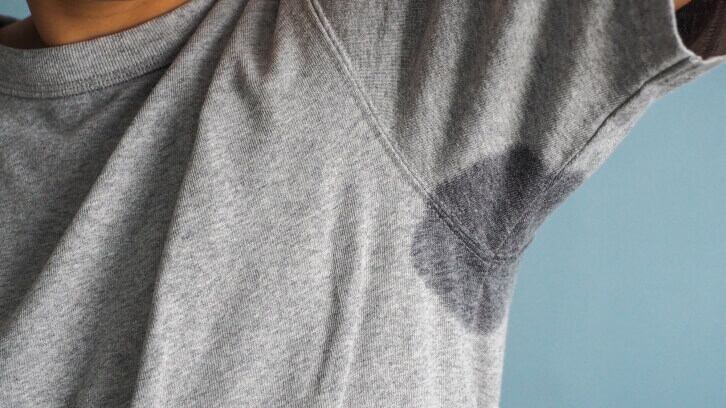In a decision published last week, the National Advertising Division (NAD) of the BBB National Programs recommended that Unilever United States, Inc. modify or discontinue some of its advertising claims in connection with its Degree Advanced Antiperspirant. The challenge, brought by The Procter & Gamble Company (P&G), focused on advertising that was part of Unilever’s “Gray T-Shirt Challenge” campaign.
In the campaign, which was featured on social media and in television advertisements, individuals were shown “applying Degree Advanced 72-hour antiperspirant…while wearing a gray t-shirt, notorious for showing sweat. After ‘their sweatiest’ workout, the videos and commercials depict the user’s completely dry underarms.”
Gray t-shirt challenge claim determinations
Regarding Unilever’s advertising claims made in its “Gray T-Shirt Challenge” campaign, the NAD’s decision “determined that Unilever’s social media videos and commercials in context convey a message that Degree Advanced antiperspirant completely prevents underarm sweat and sweat marks throughout intense exercise,” the decision read.
In response to the challenge and in support of its advertising claims, the decision explained, Unilever’s argument depended on “the results of hot room and SweatSENSE studies.” While the NAD found that “the evidence in the record demonstrates Degree Advanced antiperspirant’s extra effectiveness at reducing underarm sweat,” they further determined that “the product demonstrations in the videos and commercials go beyond sweat reduction and show the absence of sweat marks on users’ underarms.”
As a result, the NAD concluded that Unilever’s evidence was insufficient to support the challenged advertising claims, NAD’s published decision confirmed.
Further, the NAD recommended that Unilever discontinue several express claims, including “moving for hours. Still dry,” no sweat marks,” “while your workout will leave your gray t-shirt soaked, Degree will protect those pits at all costs,” “I am sweating but nothing on my armpits, ”Degree deodorant, 72-hour protection and you don’t even see [any] gray armpit stain,” “after a great workout, we have no sweat stains” and “even when sweat builds up on your chest or back, Degree Advanced keeps your underarms dry and odor at bay.”
Additionally, the “NAD also recommended that Unilever modify its advertising to avoid conveying the unsupported message that the full line of Degree Advanced antiperspirants completely prevent underarm sweat and sweat marks during intense exercise,” the decision read, noting that “nothing in its decision prevents Unilever from making other claims that are accurate and narrowly tailored to the results of Degree Advanced’s hot room and SweatSENSE studies.”
“Samuel” commercial claim determinations
Regarding Unilever’s “Samuel” commercial campaign, the NAD determined that the advertising “communicates a comparison between the Degree Advanced line of antiperspirants and the Old Spice line of antiperspirants,” and that “the depiction of Samuel completing several rounds of pull-ups and then showing his results of a dry underarm with Degree Advanced and a wet underarm with Old Spice conveyed the implied message that users of the full line of Old Spice antiperspirants will experience visible underarm sweat marks during intense exercise before Degree Advanced users will experience any visible underarm sweat marks.”
Aligned with its previous finding that Unilever’s studies were insufficient for claims “regarding visible sweat marks on a t-shirt, NAD recommended that it be discontinued,” said the published decision.
Additionally, NAD further determined that “the Samuel commercial conveys the implied message that the full line of Degree Advanced antiperspirants provides superior wetness prevention and reduction compared to the full line of Old Spice antiperspirants.” As the record “did not contain testing on Degree Advanced sticks and Old Spice sticks, NAD recommended that Unilever modify its advertisement to avoid conveying such a message.”
In response to the NAD’s findings, Unilever responded that while it “respectfully disagrees with NAD’s interpretation of the claims at issue,” as reported in the published decision, that the entity will comply with the recommendations.
All BBB National Programs case decision summaries, including this one, can be found in the organization’s case decision library for more information or further review.




